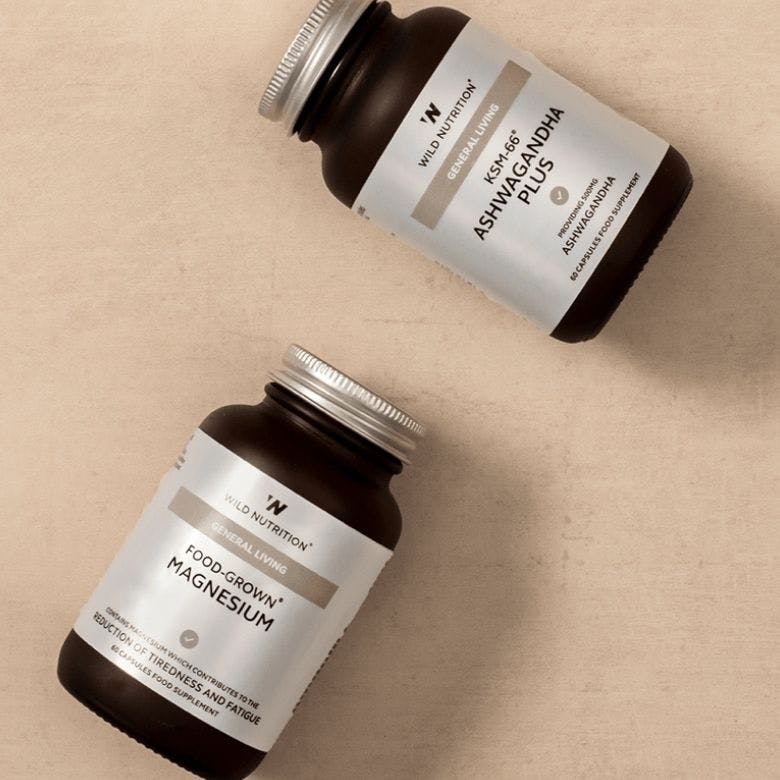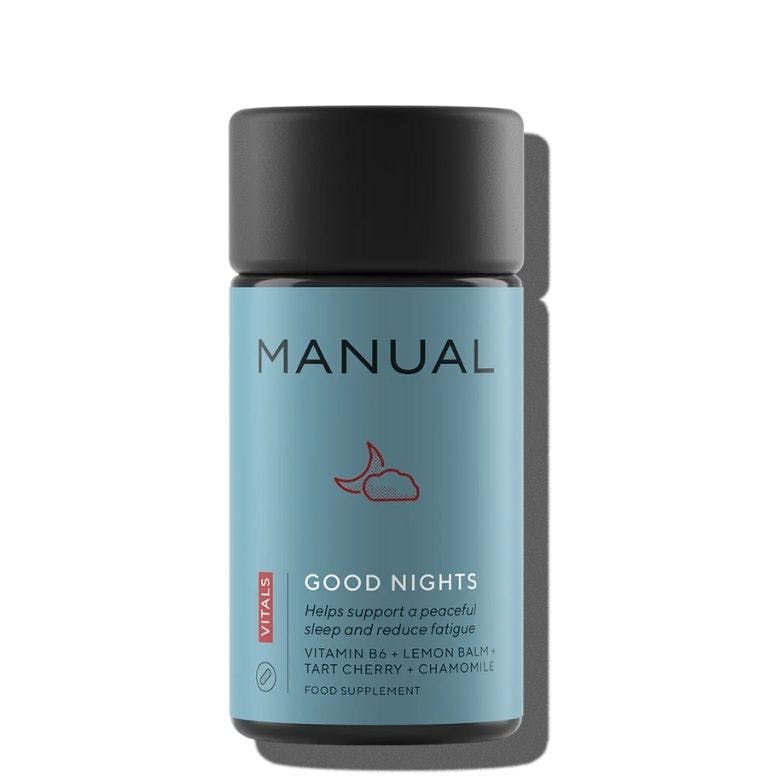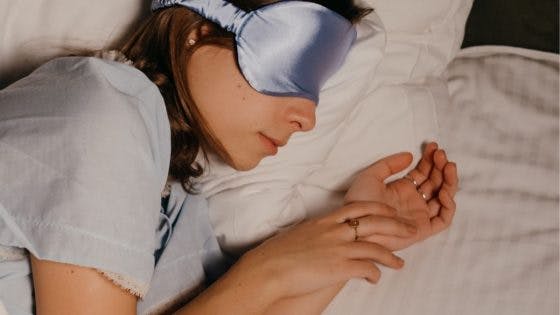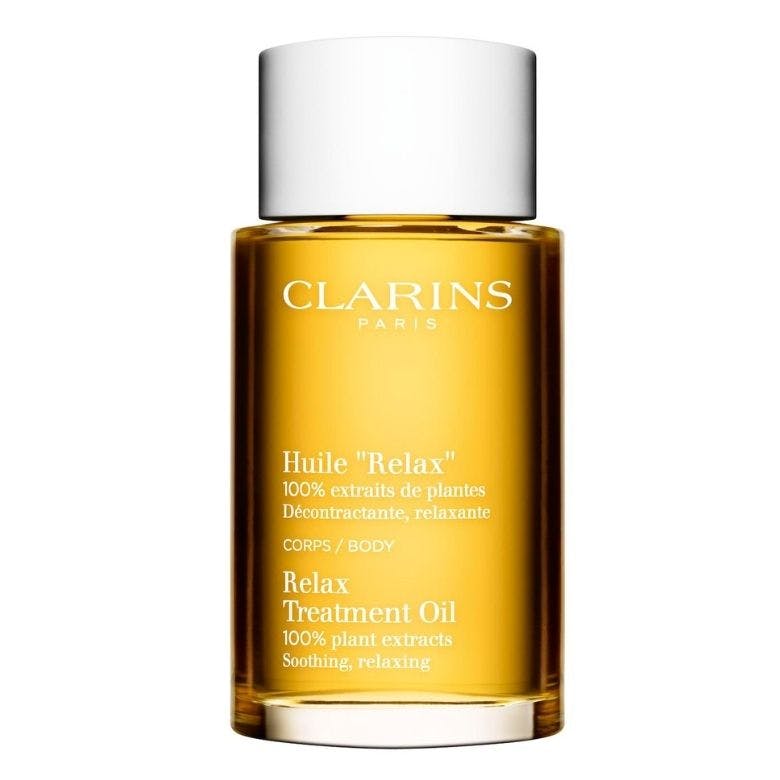Sleeping Beauty: What We Can Learn From World Sleep Day
7 minutes read
Silk pillows at the ready, as 18 March is World Sleep Day. We all know how glorious a good night’s sleep can feel. One of life’s simplest joys is slipping easily into REM and not being lurched out of bed by a screeching alarm clock on a long, lazy weekend. It’s drummed into us from an early age that sleep is essential, but in reality, are you getting enough?
Studies have shown that sleep plays a vital role in our brain function, including our moods and how we perceive and interpret events happening around us. So you may be resting, but your body is very much at work.
After sleeping poorly, our inability to focus means we cannot absorb lessons, tasks or learn efficiently. Plus, sleep is vital for consolidating memories. Add to this that sleep also plays a crucial role in our mental health, immune function and metabolism, and untreated sleep disorders are associated with several health issues, including heart disease, high blood pressure and diabetes.
So, it seems those 40-winks are looking mighty important. So important, that organisations like WHO and the CDC say sleep disorders are so pervasive that they now constitute a public health pandemic.
World Sleep Day is about celebrating healthy sleep
This year’s World Sleep Day slogan for 2023 is – Sleep is Essential for Health. Celebrated every year, International Sleep Day is an annual event that aims to put sleep at the top of the agenda. It seeks to educate society on healthy sleep in the hope of both preventing and managing many common sleep disorders. Gone are the days when sleep wasn’t considered a priority for our health and wellbeing, so let’s get to grips with just how important good quality sleep is and what we can do to ensure we’re getting enough of it.
How much sleep at night is healthy?
We know that sleep is a primary bodily function that makes us feel good, but scientists have been studying the phenomena of sleep for decades. Sleep is regulated internally by our circadian rhythm and our sleep drive. Circadian rhythm is our internal clock and it responds to light. So darkness signals that it’s time for sleep; light lets us know that it’s time to rise. Our sleep drive is an unconscious factor that tells us when we need rest, much like your body will let you know you need to eat by feeling hungry.
There are two different types of sleep – non-REM sleep, which comes first, and REM (rapid eye movement) sleep, which follows. The cycle repeats itself through the night, typically around four or five times. Three elements make up good quality sleep: length, continuity, and depth.
On average, adults require 7-9 hours of sleep a night, children need 9 to 13 and toddlers and babies 12 to 17 hours. However, studies have shown that it’s not just getting too little sleep that can affect your health, regularly sleeping for longer than nine hours can also have an adverse effect, so it’s vital to get to grips with your sleep rhythm and ensure you’re getting the hours that you need.
Tips for Getting a Good Night’s Sleep
Establish a sleep pattern
Getting your sleep hygiene in order starts with your lifestyle choices and it’s important to establish a consistent and regular sleep pattern. Try to go to bed and wake up simultaneously every day, even on weekends. Don’t get frustrated if sleep eludes you at first. If you’ve been struggling to doze off for 20 minutes, get out of bed and do something relaxing like listening to music or reading a book and sleepiness should eventually creep in.
Nap smart
If you desperately need a nap during the day, the earlier and shorter, the better. Aim for a quick snooze of 30 minutes max before 5pm.
Have a bedtime routine
Establish a routine that promotes relaxation and helps you switch off. For example, take a warm bath, as a rise then fall in body temperature has been proven to promote drowsiness. Use relaxing products such as Relax Bath & Shower Concentrate, which contains soothing basil and camomile.
Avoid stressful tasks in the run-up to bedtime and resist the temptation to tackle one last work problem. If you do, the body will release the hormone cortisol, which will make you feel more alert.
Improve your sleep environment
Ideal sleeping conditions are dark, quiet and cool. Try and reduce light exposure at bedtime and blackout curtains or blinds are a must for shift workers. A padded eye mask will block out any traces of light without feeling heavy or uncomfortable and silicone earplugs are essential should you share your bed with someone prone to snoring.
Switch off
Consider a digital detox and ban laptops, TVs, and mobile phones from your bedroom. Turn your clock away from you so you’re not tempted to look at it during the night. Come morning, a sunrise alarm clock is a great investment to ensure you steadily and calmly wake up.
Avoid caffeine
Many of us reach for a cup of coffee first thing to help us wake up for the new day. At night-time, its effects don’t differ, so that post-dinner flat white is not going to be conducive to a relaxing sleep.
In fact – even a decaf might not be the best choice. Eugene Chan, lead researcher of the study, published in the Journal of Consciousness and Cognition. “As long as individuals see a connection between coffee and arousal, whatever its origin may be, mere exposure to coffee-related cues might trigger arousal in and of themselves without ingesting any form of caffeine.” Warm milk it is then.
Meanwhile alcohol can certainly help to get you to sleep, but it won’t let you stay there. After being in your system for several hours it acts as a stimulant and an interrupted, low-quality sleep will follow.

Take supplements
Melatonin is a hormone that signals when it’s time for snoozing, but should you be suffering from a sleep disorder – or be jet-lagged -you can boost your melatonin levels with supplements. Try Manual – a website dedicated to men’s health offers different sleep bundle according to your needs. So, whether that’s initial nodding off or staying asleep there is a supplement and plan to address it. Other natural sleep aids include magnesium and lavender. We love Wild Nutrition, all ingredients are ethically sourced, endlessly researched and intelligently formulated – so bring out the best in you.

Seek out the spa
If lack of sleep has left you feeling stressed and exhausted, Clarins Beauty Sleep Wellness Treatment will take you on a calming journey for body and mind. Enter a state of blissful calm and look forward to improved sleep quality when you do hit the hay. Take the experience home with you with Clarins Relax Treatment Oil.
Time to de-stress
Some people may struggle to soothe anxiety before bed. Weighted blankets can help ease stress, and if you are struggling to leave your problems at the bedroom door, why not write them down and then consciously put them to one side? A journal of feelings or even a to-do list will release the pressure on your thoughts.
Read next: 9 Strategies To Manage Stress And Build Resilience
Managing sleep disorders
The fact is, most people don’t sleep as much as they should. The world we live in is full of distractions: hectic jobs, social media, and the pursuit of a work-life balance. If we consistently don’t get enough sleep, long-term effects can include obesity, diabetes, cardiovascular diseases, and poor mental health. Effectively, inadequate sleep results in poor health. But improving your sleep hygiene won’t be enough for everyone to get a brilliant night’s sleep. Some sleep disorders require a sleep behavioural specialist, so if you have had trouble sleeping for months or your sleep patterns are affecting your daily life, it’s time to seek out the help of a professional.
How you can take part for International Sleep Day
Spread awareness
At the heart of World Sleep Day is the initiative to educate the world on the power of a good night’s sleep. We all have a friend whose sleep habits go against the grain, and many famous people have glorified prioritising work and having very little sleep at all. So, armed with your new knowledge on the benefits of a consistent sleep routine, spread the word.
Invest in your sleep
Put what you’ve learned to good use and make investments in your sleep routine, whether that be products that can help you drift off or lifestyle changes that will raise the quality of your snoozing sessions.
Become a World Sleep Day delegate
Head to worldsleepday.org to find out more information on how you can plan a World Sleep Day Activity in your local community and help everyone get a blissful night’s sleep.
Sign up for our newsletter
We will keep you in the loop for special offers, exclusive gifts and product news.


